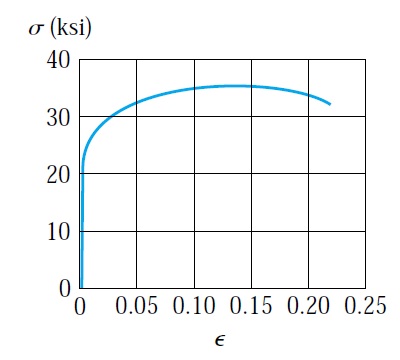Rebar Splicing and Overlapping — ACI 318-19 Requirements Explained
Reinforcement splicing or overlapping is a fundamental requirement in reinforced concrete structures. Because reinforcement bars (rebars) are manufactured in limited standard lengths—typically 12 m —it becomes necessary to splice or overlap them to achieve the required continuity in structural members. The main purpose of a splice is to ensure smooth stress transfer between adjacent bars through the surrounding concrete. The overlap length, commonly known as the splice length , must be long enough to safely transfer the tensile stresses from steel to concrete without causing bond failure. It is recommended to avoid splicing in high-stress zones such as areas of maximum moment, and to stagger the splices to prevent congestion and reduce stress concentration. The ACI 318-19 providing the following recommendatin and requirement for the lap splicing: 1. Splice Limitation by Bar Size Lap splicing is not permitted for reinforcement bars larger than 36 mm in diameter. 2. Non-Contact L...















Comments
Post a Comment